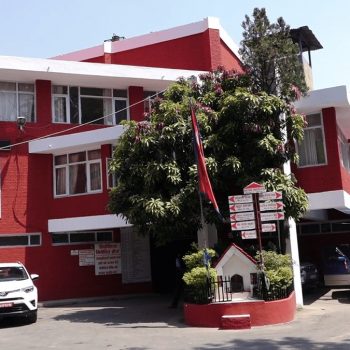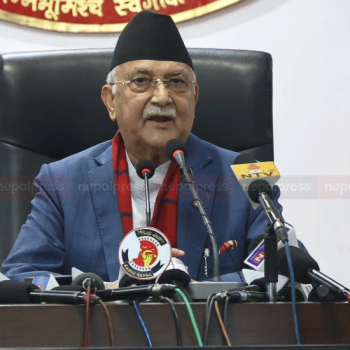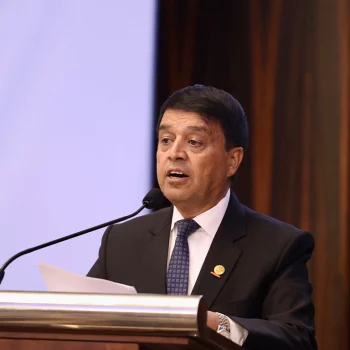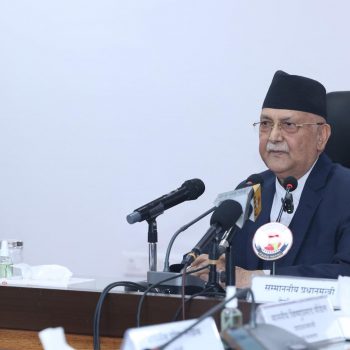Budget crisis takes toll on banks and consumers
 NepalPress
NepalPress
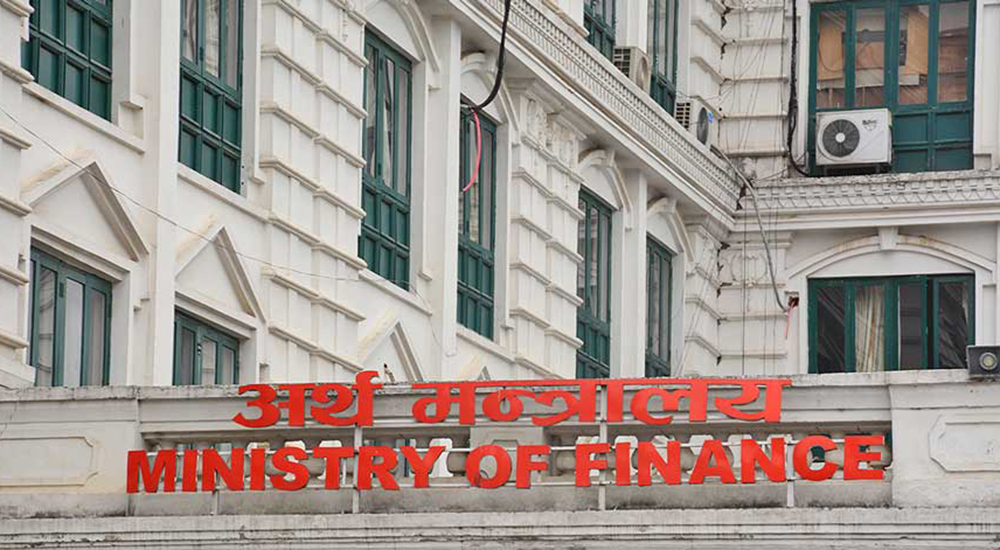
KATHMANDU: The government’s spending has been halted for the past eight days as the replacement bill could not go through the Parliament on time. Hence, it has affected the liquidity status and interest rates of the banks.
Earlier on September 10, the government had tabled a replacement bill by amending the budget ordinance introduced by the erstwhile KP Sharma Oli-led government.
Though the bill had to be endorsed from the Parliament within September 15, the government failed to do so.
On top of that, the House of Representatives has already sent the Appropriation Bill to the National Assembly.
The way for the government to spend the budget will be paved once the Upper House endorsed the bill and send it to the Lower House and send again to the President for Authentication, Rojnath Pandey, spokesperson at the Parliament Secretariat said. The meeting of the National Assembly has been scheduled for Thursday.
Pandey said that it will take some time to endorse the Financial Bill and Bill to Raise Public Debt.
He said that all the bills related to the Budget will be endorsed within September 27.
The government, however, will not be prevented from spending the budget if these two bills–Financial Bill and Bill to Raise Public Debt–are not passed immediately.
Meanwhile, when the government sensed that the budget could not be passed from the Parliament, it had an option to bring the Advanced Expenditure Bill and get endorsed from the Parliament, which would allow the government to carry out its day-to-day expenditure.
In the meantime, the government was barred from spending the budget for eight days. However, the government on September 14 had already sent salaries and allowances among others by getting approval from the Financial Comptroller General Office.
Financial Comptroller Suman Raj Aryal said that the government faced a few problems only in small expenses as it had already managed other kinds of budget in August.
Experts said that the government’s failure to spend the budget for a week has affected liquidity status and interest rate of the banks.
Former Finance secretary Rameshwor Khanal said that the government’s failure to spend the budget for a week has affected the liquidity status and increased the interest rate of the banks.
He was of the opinion that the increase in interest rate will affect the industrialists / businessmen and the general consumers.
“Banks got an opportunity to increase the interest rate after the government failed to spend the budget for a week,” Khanal said.
Meanwhile, the government collected around Rs 15 billion in revenue and spent Rs 210 million since the budget crisis started on September 15.
The government had collected around Rs 180 billion in revenue till September 12 of the current fiscal year. The government received a total of Rs 195 billion as of September 19.
The government spent Rs 89.73 billion on September 15 while it spent Rs 89.94 billion on September 21.
There is a constitutional provision that the government can spend the budget from the Federal Reserve Fund only after formulating a law from the Parliament.
Former Finance Minister Bishnu Paudel on May 29 presented the federal budget for the fiscal year 2021/22 through an ordinance.
With the change in government, incumbent Finance Minister Janardan Sharma tabled a replacement bill for the budget ordinance.
Though the government was supposed to replace the budget issued through the ordinance till September 15, the government failed to do so.
As a result, the government faced a financial deadlock for the first time in the history of Nepal.








